Introduction Korean Grammar ‘-을까요?’
Learning Korean grammar can be challenging, but breaking it down into manageable lessons can make it easier. Today, we will explore the grammar pattern ‘-을까요?,’ which is used to ask for opinions, make suggestions, or inquire about someone’s thoughts or intentions in Korean. This lesson will help you understand and use this form effectively.
Learn Korean with JAEM : Improve your Korean with our app through free lessons and courses. And also, Join our 4-week challenge program to progress from upper-beginner to master level with Native Korean Coaches. Strat to study Korean more!
Our Book: Don’t miss out on our comprehensive book that covers essential Korean language skills and strategies. See our books and study with us! 🙂
AI Writing Practice Program: Enhance your writing skills with JAEM TOPIK, our AI-powered practice program. Get personalized feedback and TOPIK tips to elevate your Korean writing. Study TOPIK writing yourself and get high TOPIK score!
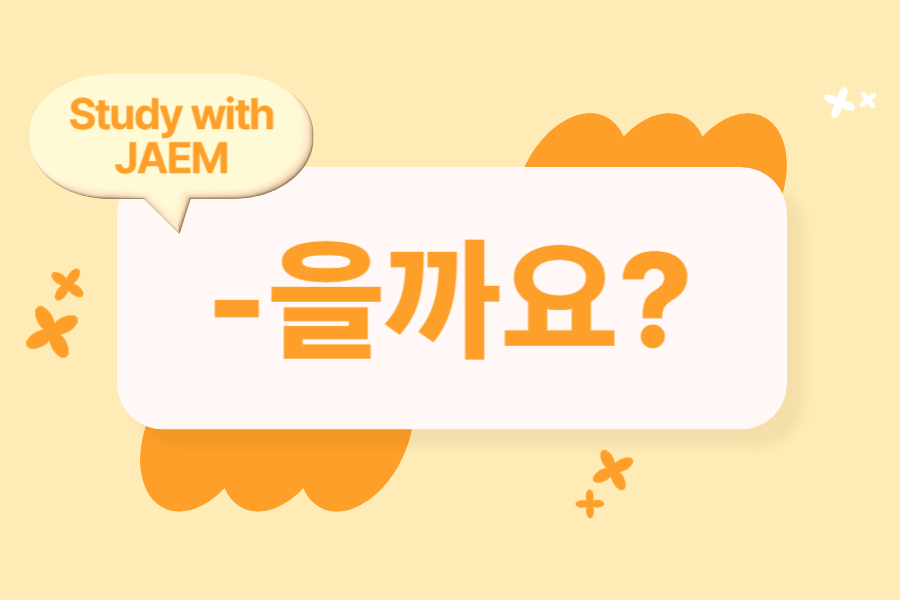
Jump to:
Grammar Explanation
The grammar pattern ‘-을까요?’ is used to ask for opinions, make suggestions, or inquire about someone’s thoughts or intentions. It can be translated as “Shall we…?” or “Do you think…?” or “Should I…?” in English. The ending depends on the verb stem.
Formation:
- For verb stems ending in a consonant, add ‘-을까요?’
- For verb stems ending in a vowel, add ‘-ㄹ까요?’
| Verb | Stem | Form | Example Sentence |
|---|---|---|---|
| 가다 (to go) | 가 | 갈까요? | 학교에 갈까요? (Shall we go to school?) |
| 먹다 (to eat) | 먹 | 먹을까요? | 밥을 먹을까요? (Shall we eat a meal?) |
| 하다 (to do) | 하 | 할까요? | 숙제를 할까요? (Shall we do homework?) |
Examples
Asking for Opinions:
- 보다 (to see)
- 볼까요? = Shall we see?
- 영화를 볼까요? = Shall we watch a movie?
- 살다 (to live)
- 살까요? = Shall we live?
- 서울에서 살까요? = Shall we live in Seoul?
- 읽다 (to read)
- 읽을까요? = Shall we read?
- 책을 읽을까요? = Shall we read a book?
- 마시다 (to drink)
- 마실까요? = Shall we drink?
- 커피를 마실까요? = Shall we drink coffee?
Making Suggestions:
- 하다 (to do)
- 할까요? = Shall we do?
- 무엇을 할까요? = What shall we do?
- 가다 (to go)
- 갈까요? = Shall we go?
- 어디에 갈까요? = Where shall we go?
- 먹다 (to eat)
- 먹을까요? = Shall we eat?
- 뭘 먹을까요? = What shall we eat?
Inquiring About Thoughts or Intentions:
- 사다 (to buy)
- 살까요? = Shall I buy?
- 이 옷을 살까요? = Shall I buy this clothes?
- 말하다 (to speak)
- 말할까요? = Shall I speak?
- 그에게 말할까요? = Shall I speak to him?
- 시작하다 (to start)
- 시작할까요? = Shall we start?
- 지금 시작할까요? = Shall we start now?
Usage in Context
When using ‘-을까요?’ in different contexts, it emphasizes asking for opinions, making suggestions, or inquiring about thoughts or intentions.
Asking for Opinions:
- 이 옷이 어울릴까요? = Do you think this clothes will suit me?
- 내일 비가 올까요? = Do you think it will rain tomorrow?
- 이 문제가 어려울까요? = Do you think this problem is difficult?
Making Suggestions:
- 산책할까요? = Shall we take a walk?
- 저녁을 같이 먹을까요? = Shall we have dinner together?
- 영화를 볼까요? = Shall we watch a movie?
Inquiring About Thoughts or Intentions:
- 이 일을 시작할까요? = Shall we start this work?
- 회의를 마칠까요? = Shall we finish the meeting?
- 편지를 쓸까요? = Shall I write a letter?
Cultural Insight: In Korean culture, using ‘-을까요?’ is a polite way to involve others in decision-making, showing consideration for their opinions and preferences. It is commonly used in both casual and formal conversations to propose actions or seek agreement.
Common Mistakes
Common Mistakes:
- Incorrect: 할래요? (More casual, not always suitable)
- Correct: 할까요? = Shall we do?
Mistake Explanation: Ensure that the correct form ‘-을까요?’ or ‘-ㄹ까요?’ is used to convey politeness and inclusiveness when asking for opinions or making suggestions.
Related Grammar Points
Explore these related grammar points to deepen your understanding:
- -ㄹ래요?: To make informal suggestions or express intentions.
- -고 싶어요: To express wanting to do something.
- -을 거예요: To express future tense or plans.
- -겠어요: To express willingness or intentions politely.
Practice Exercises
Practice Makes Perfect!
- Exercise 1: Conjugate the following verbs using ‘-을까요?.’
- 가다 (to go)
- 먹다 (to eat)
- 하다 (to do)
- 보다 (to see)
Answer Key:
- 갈까요?
- 먹을까요?
- 할까요?
- 볼까요?
- Exercise 2: Create sentences using ‘-을까요?’ for the following situations:
- Shall we watch a movie?
- Shall she live in Busan?
- Shall they read a book?
- Shall we drink coffee?
Answer Key:
- 영화를 볼까요?
- 그녀는 부산에서 살까요?
- 그들은 책을 읽을까요?
- 커피를 마실까요?
Summary and Conclusion
Today, we covered the grammar point ‘-을까요?’ and how to use it to ask for opinions, make suggestions, or inquire about someone’s thoughts or intentions in Korean. This pattern is essential for involving others in decision-making and showing consideration for their opinions. Continue practicing with our workbook and check out related lessons for more in-depth learning.
If you have any questions or suggestions, feel free to comment below. Happy learning!
Learn Real Korean with JAEM!
Learn Korean with JAEM Korean App & 4-week Challenge: Discover the best way to learn real Korean with our comprehensive app. Enjoy a wide variety of free lessons and courses designed to help you master the language. Also, our unique 4-week challenge program guides you from an upper-beginner level to a master course, all under the guidance of Native Korean Coaches. Whether you’re just starting out or looking to refine your skills, this program offers an effective path to fluency.
AI Korean Writing Practice Program: Take your Korean writing to the next level with JAEM TOPIK, our innovative AI writing practice program. This service provides personalized feedback and practical tips tailored to your learning needs. With a focus on improving your Korean writing, JAEM TOPIK also offers specific strategies for excelling in the TOPIK exam. Benefit from expert insights and targeted advice to enhance your proficiency and confidence in writing.
Our Book: Additionally, explore our comprehensive book that covers essential Korean language skills and strategies. This valuable resource complements our app and AI program, providing a holistic approach to mastering Korean.
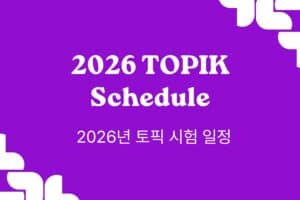
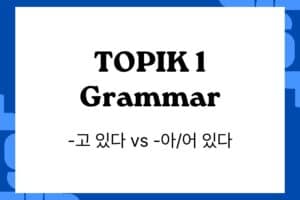
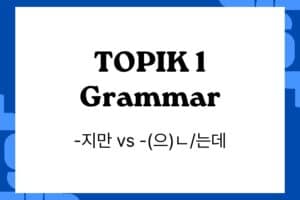
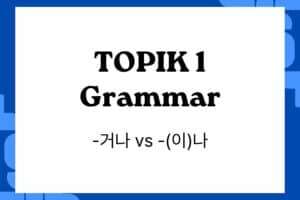
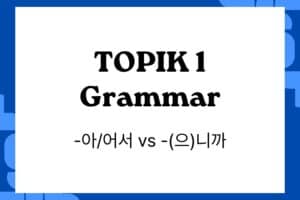

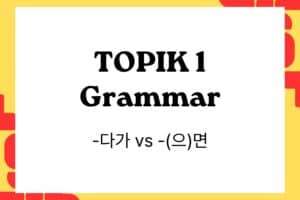

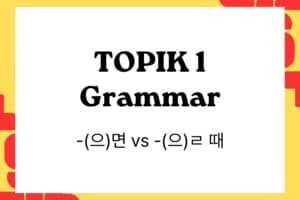
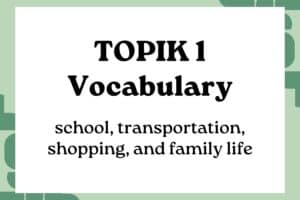
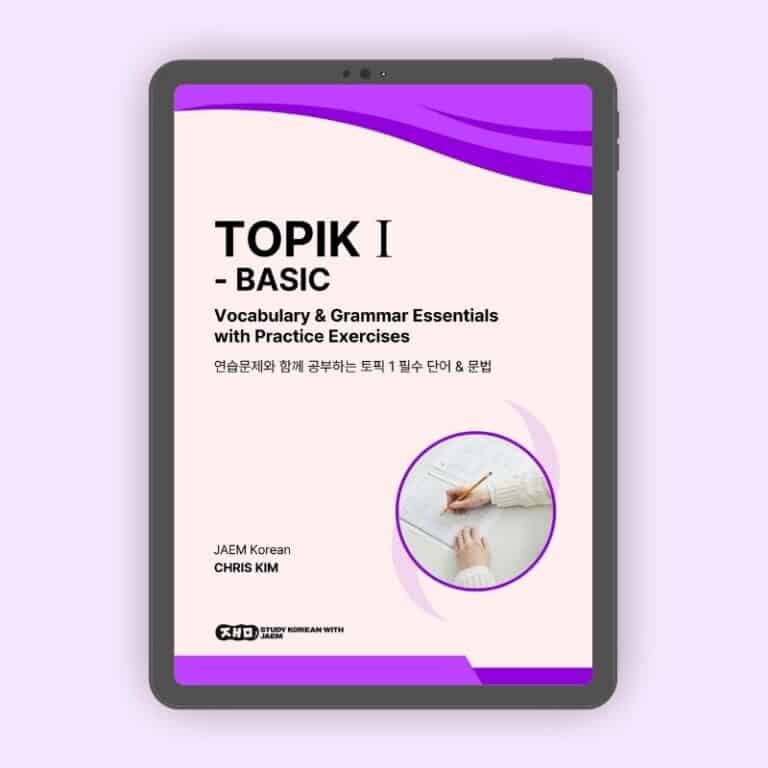
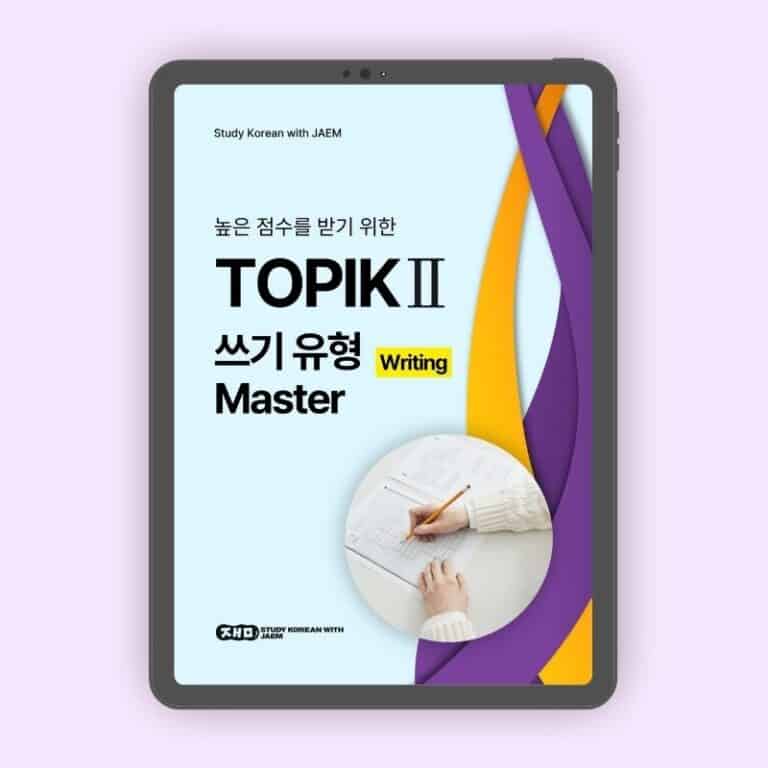
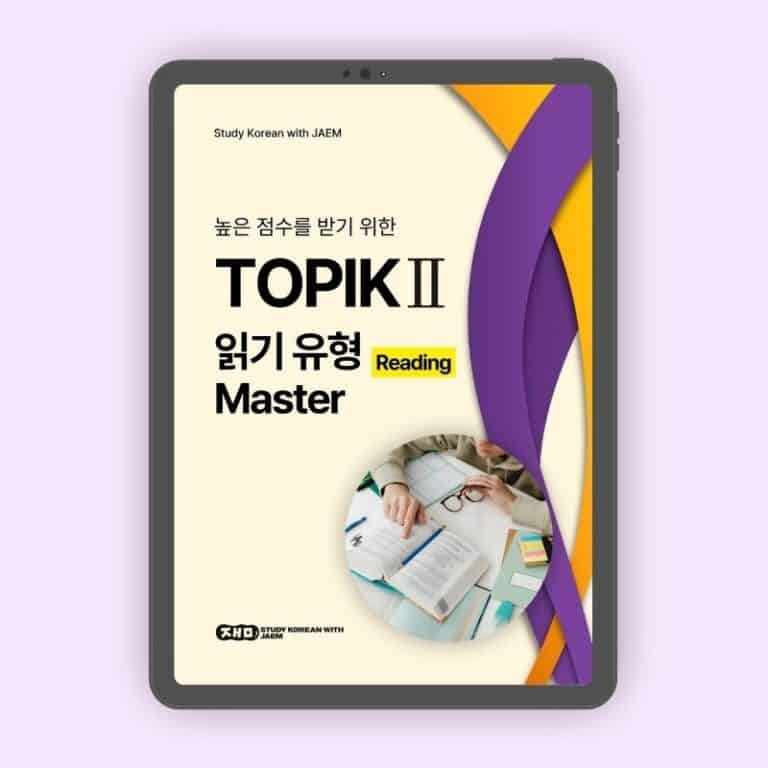

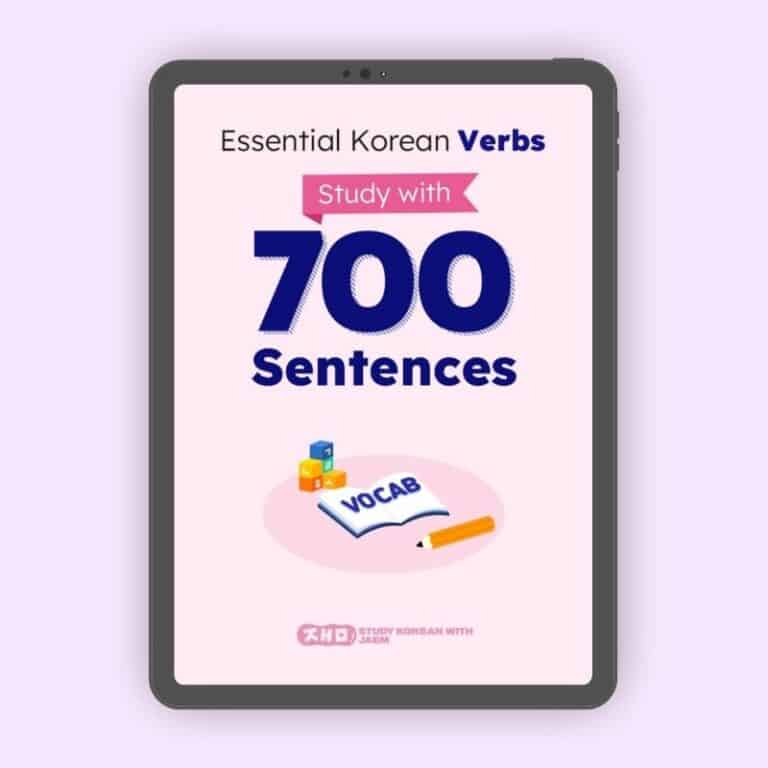
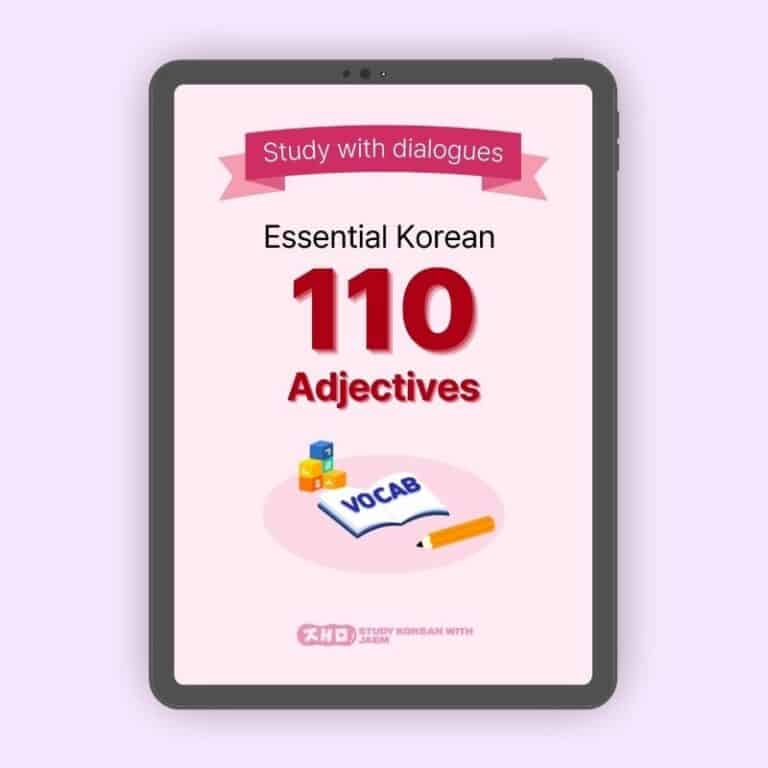
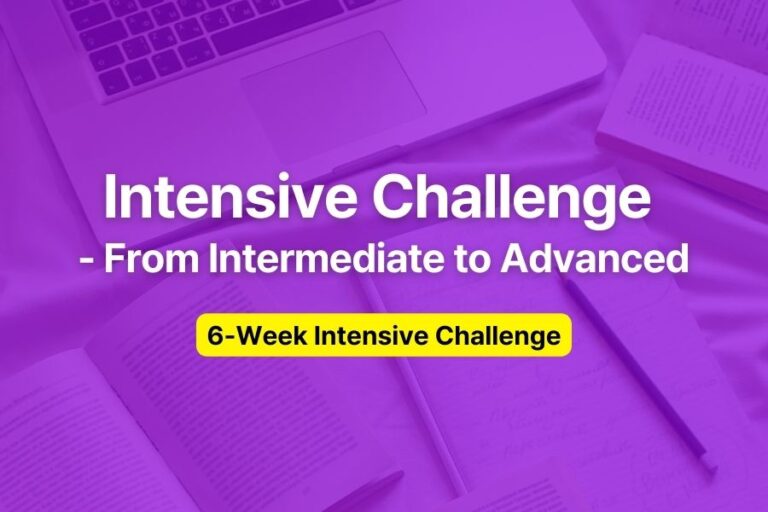
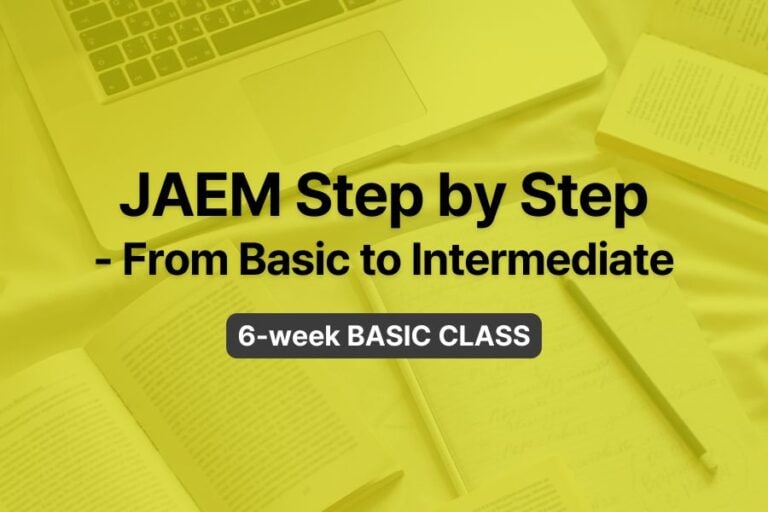
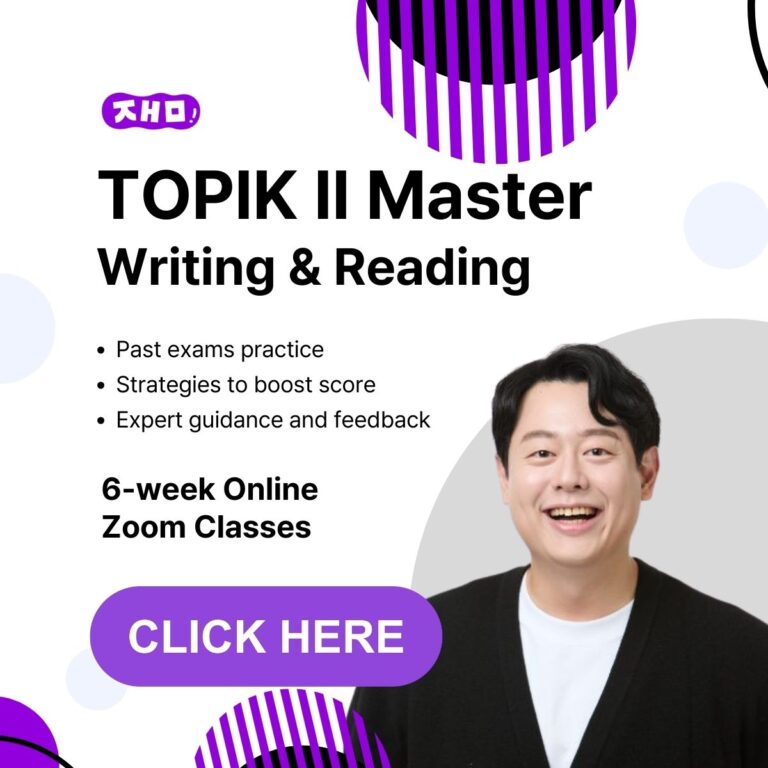
Responses